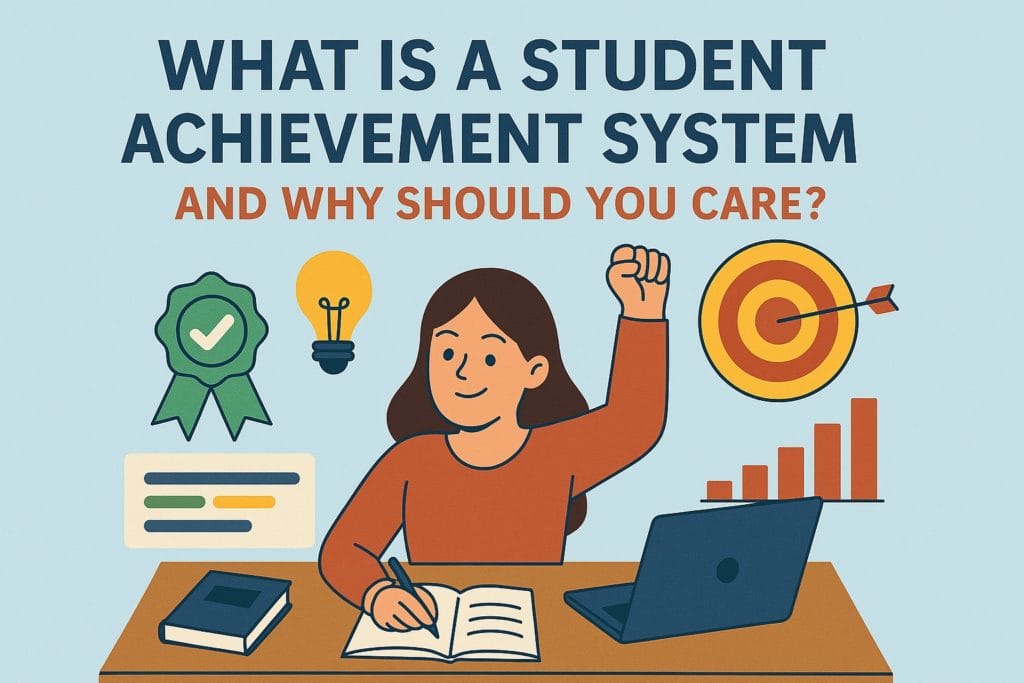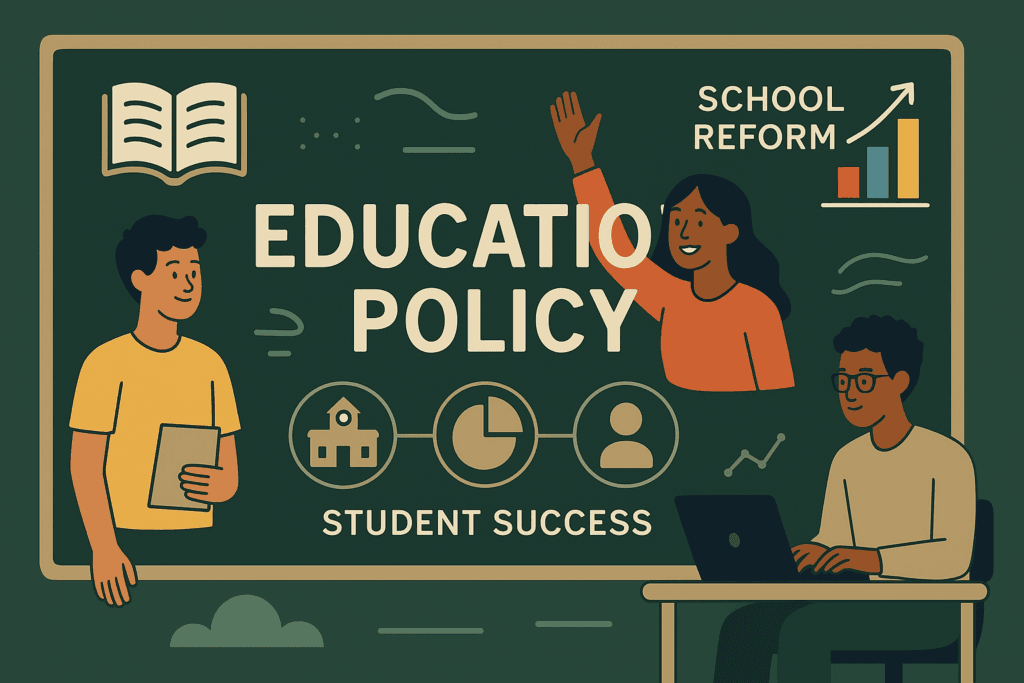
Some high-school students consider going to a community college after their graduation. This is one of the many options you have when deciding on what you are going to do next. However, community colleges are often referred to as a safe option. But why? What are the pros and cons of community colleges? Let’s clear this up.
What Is a Community College?
It’s a learning institution that provides two-year education programs that meet general education requirements. They do not provide you with a full degree but rather a transfer degree that you can transfer to Bachelor’s program with. Undergrads can usually transfer all or at least the majority of their credits from community colleges during the transfer.
Pros of Community Colleges
If you are considering applying for community college, you will be glad to learn that this type of learning institution has some great pros – that’s why a lot of students each year shooed community colleges after graduation from high school. Here they are:
Tuition Cost
Surely, a two-year program cost less than the full four years of college. And this is one of the main reasons why many students choose community colleges. It’s much easier to start your education right away without any gap years in order to save some money. You can also start working after you enter college and get ready for higher college payments after your transfer if you plan to do so.
So, you basically buy two years of time to start building your career, get some general knowledge of many fields you can later choose from, and save money for your dream college. It’s quite a deal.
But what about the numbers? The average annual cost for community college is around:
- $3,500 for in-state institutions
- $8,300 for out-of-state institutions
While these are the numbers for four-year colleges:
- $9,700 for in-state institutions (one academic year)
- $27,000 for out-of-state institutions (one academic year)
So, if you feel like going to college is too expensive for now, and you are not ready for the loan burden, you might choose to go to a community college.
Locations
There are a lot of community colleges in each state – they are very widespread and you have multiple options to pick from. One of the pros that also is considered to be very important is the campus location. Not everyone is ready to move through the whole country to enter college. Some prefer to stay in their hometown or at least not that far away from their family. In this case, almost the only option is to go to the nearest community college.
So, if you are deciding whether you should go to a college that is placed far away or to your local community college, think of whether you are ready to see your family only during the breaks. If not, then community college is your option to go.
The Opportunity to Make a Decision
If you don’t know what you want to be in your life yet, and you don’t feel like a gap year will fix the situation, you might want to choose a community college. You will then get an opportunity to study general subjects that might help you make a decision on your career later. Sometimes you just need to get a deeper knowledge of particular fields before choosing your major. And community college gives you this opportunity – you learn more than in school, yet you get very widespread knowledge, and can choose what you like the most.
Cons of Community Colleges
After learning about the pros of community colleges, it might seem that it is a perfect option. However, in order to make the best decision in your situation, you should also learn about the cons of community colleges as they might significantly affect your point of view.
Study Programs
While community colleges provide general knowledge on various subjects, it’s rather a fever studying – you get to know a lot in a short time, and it might not be the right class choice for your future major. Many community college students admit that the course choice is not that great and you are basically limited to a narrow course and thus future major selection.
Also, the majority of four-year colleges and universities still allow their students to make a decision and choose their career path after one or two years of studying. Thus, they don’t make a division early in their academic years.
Workload
As it was said earlier, community colleges go for fever programs – students get a lot of homework as the program is squeezed into two years of education. This means that you don’t get that much time or opportunity to get a deeper knowledge and better perspective on what you are studying.
Moreover, many professors, tutors, and instructors work part-time for community colleges. But what if you want to get the most out of professors’ office hours? What if you need some help or assistance but can’t reach your professor unless during the class itself?
General Atmosphere
Here are a few other things that sometimes community college students notice about their learning institution:
- It might feel like a temporary option, thus negatively affecting your motivation.
- Living on campus is rare – you don’t get that college experience as it rather feels like high school that you attend a few times a week.
- It also means that social life at a community college is also not as rich as at a four-year college.
- Many people consider community colleges as something that is not that prestigious. Some employers share this opinion.
- Fraternities and Sororities may not be offered at all.
- It might drain you enough that you will not want to continue your education any further.
As you can see, these cons might be very important and you should definitely pay attention to them. Especially if you wanted to get a full college experience. In that case, community college might disappoint you a lot. It doesn’t provide the majority of traditional college specifics regarding student life.
 Karen Palmer
Karen Palmer


